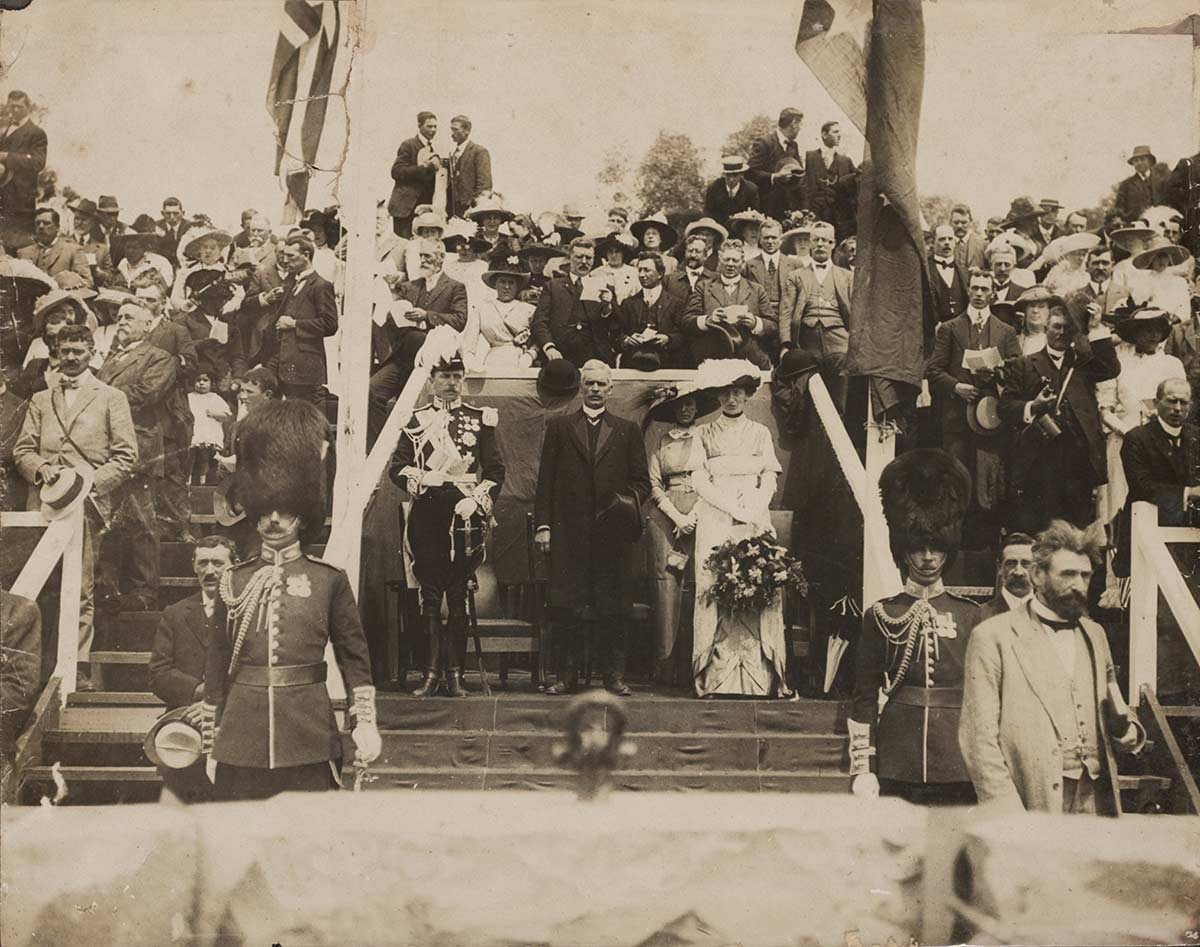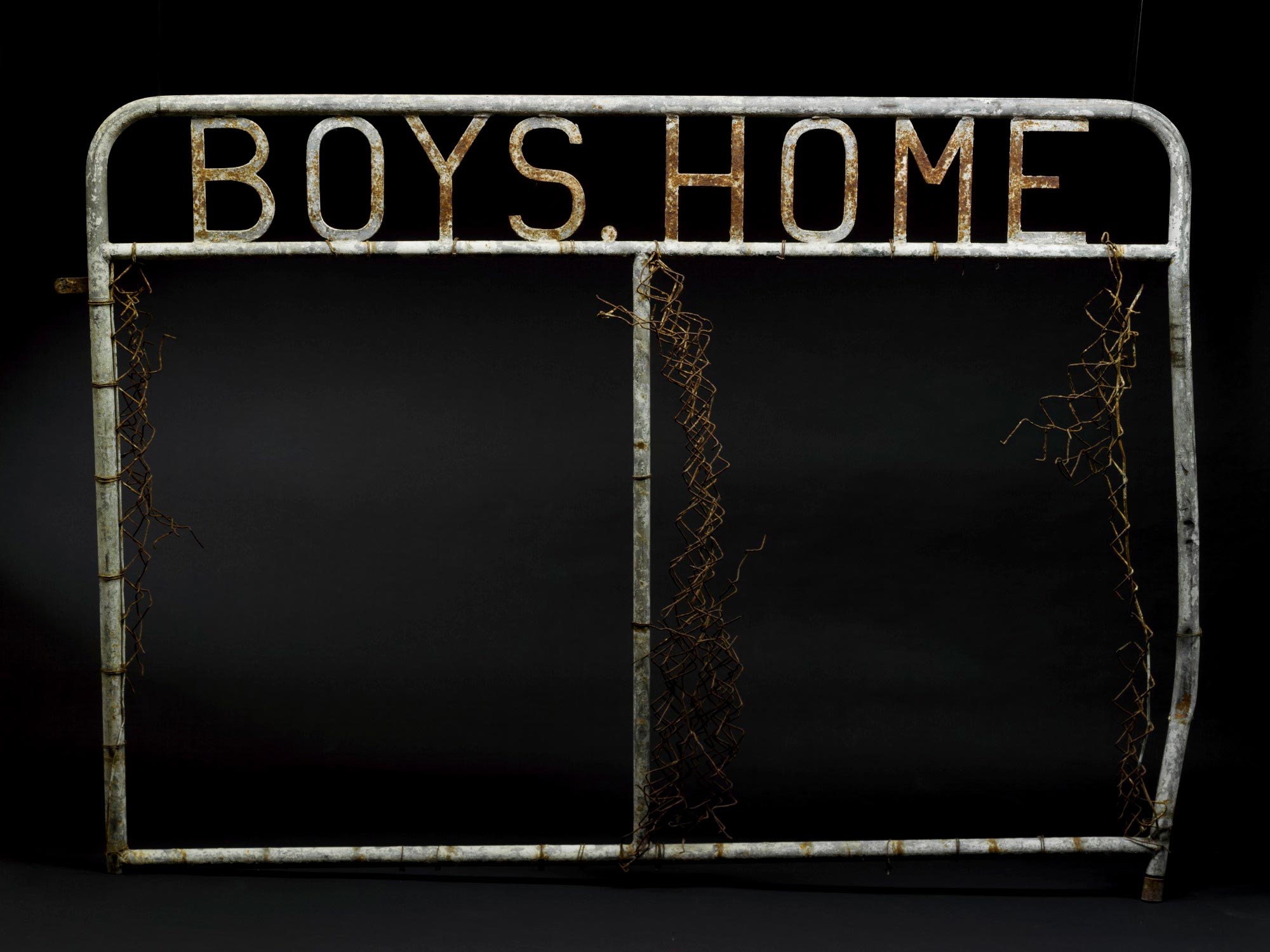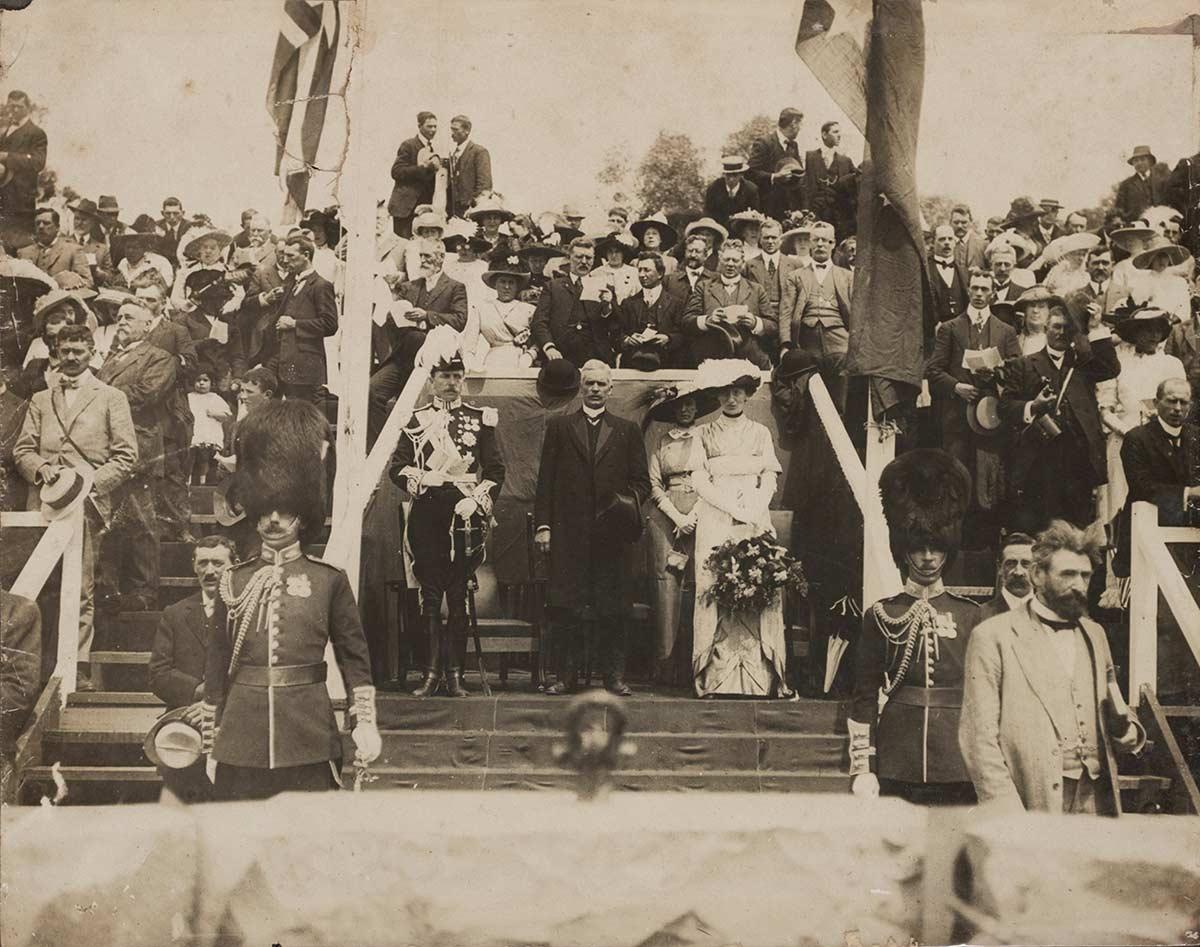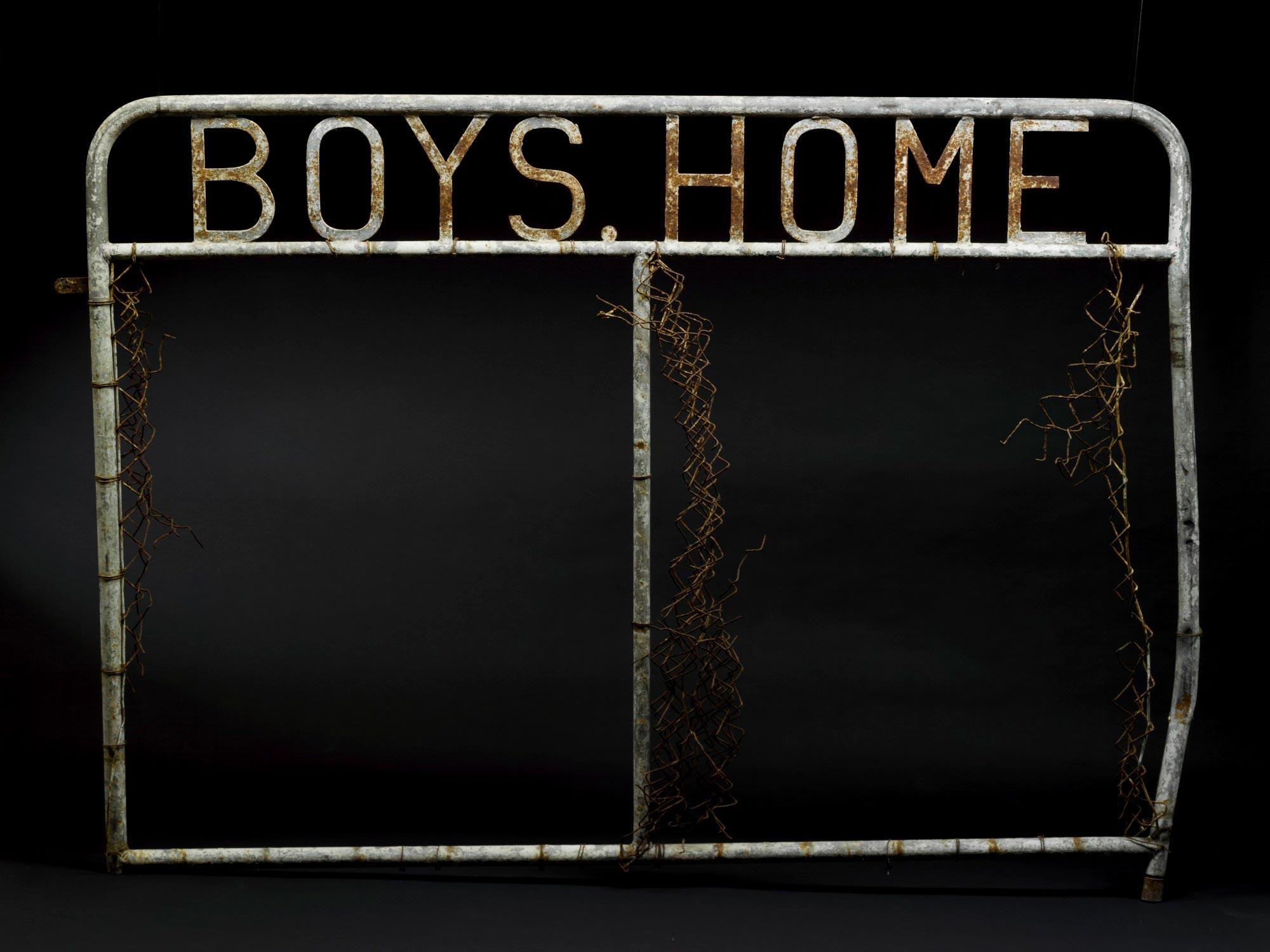Learning module:
War correspondents
War correspondents
4. Help for the old and sick
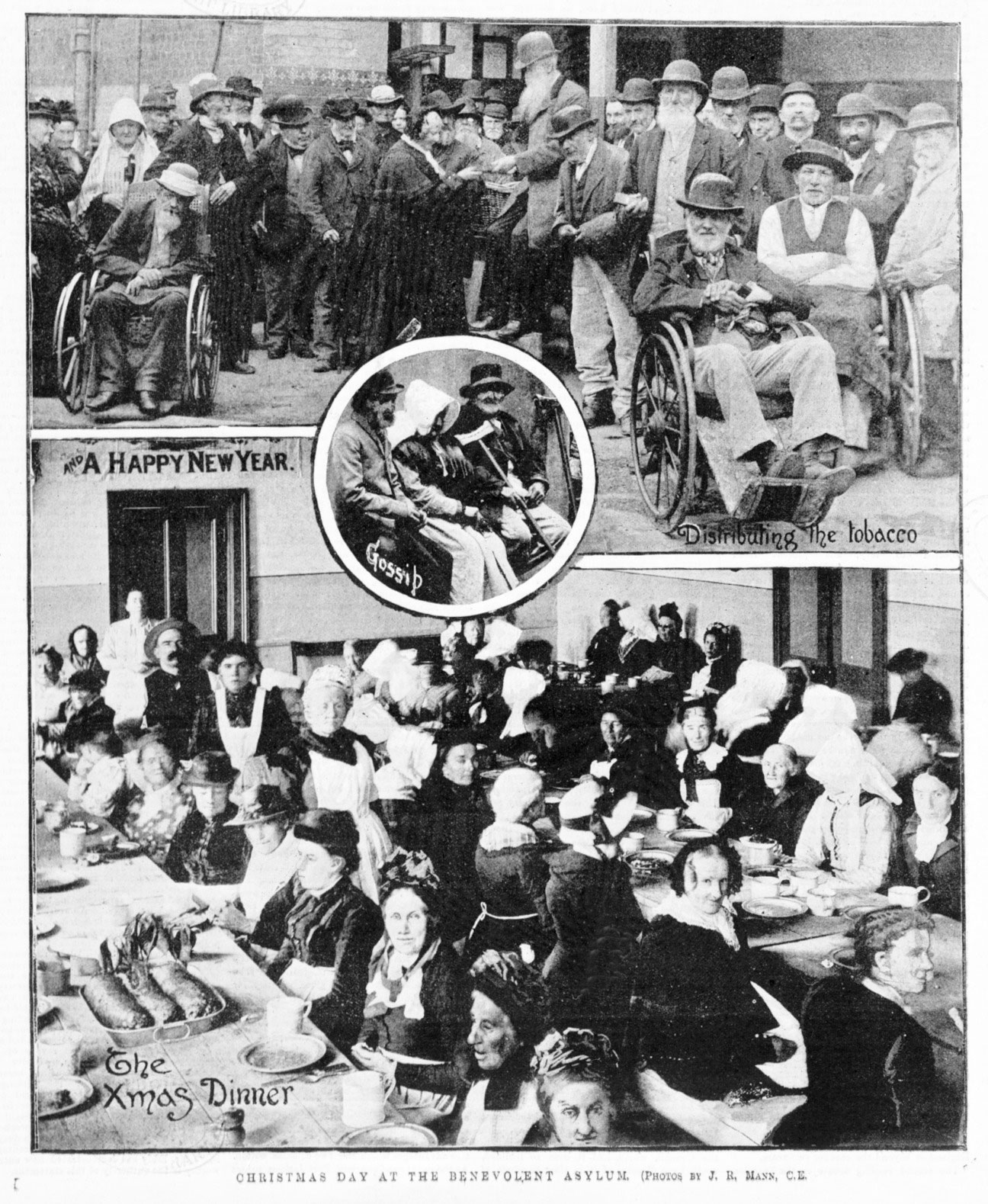
You make your way to the buildings where the new Commonwealth Parliament is sitting. Handily it is near where you are staying, in Melbourne’s central business district (CBD). You hang around on the steps of parliament, speaking to anyone who will talk to you. You get to speak to quite a few politicians and petitioners, who all have their different take on events. This is what you learn...
On 10 June 1908 the newly formed Commonwealth Parliament passed the Invalid and Old-Age Pensions Act 1908. The legislation was groundbreaking.
Prior to that, the elderly or infirm received no financial support and their care fell either to family, religious and charitable institutions or government asylums. Life in such institutions was often far from easy. Better paid workers took out insurance policies with what were called ‘friendly societies’ but there was no such protection for the poor.
Poverty became widespread, especially during the economic depression of the early 1890s. Who should support those unable to look after themselves became a hot issue.
It is important to remember the great difference in life expectancy between then and now. At Federation only four per cent of the population were over the age of 65. Men could expect to live 55 years, and women for 59 years. The financial cost of such a scheme was very small in comparison to today, when 14 per cent of the population is over 65 and both sexes can expect to live into their eighties.
Your task
Mr Callister has asked you to report on the story, while developing your skills in asking questions. He wants you to come up with a series of questions that a historian might ask about this story.
Historians ask specific types of questions. Good historians ask questions about:
- causes and effects
- things that have changed from the past to now and things that have stayed the same
- what it felt like for people at the time
- how people’s perspectives about what happened in the past can be different from one another
- how we can know things about the past
- what is important from the past.
Complete this grid, asking questions about the national age and invalid pension. A few have been done to get you started...
| Event | Situation | Person | Reason | Means | |
|---|---|---|---|---|---|
| Present | |||||
| Past | |||||
| Probability | |||||
| Imagination |
You complete the question grid and get it back to your boss, Mr Callister, along with your report.
‘Great work youngster! Now, I’ve got a couple of stories lined up here for you, take your pick’.
Which story do you want to work on next?






